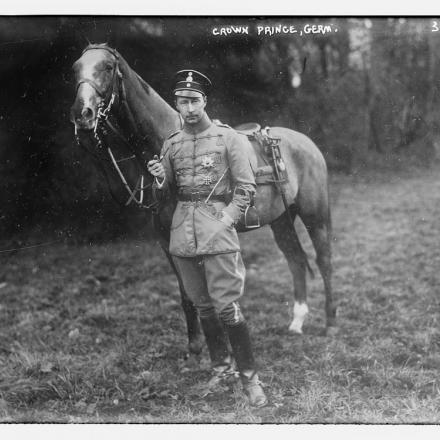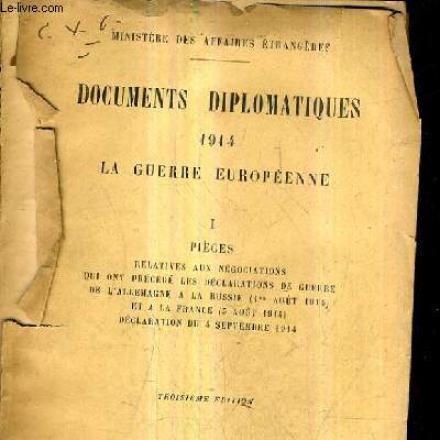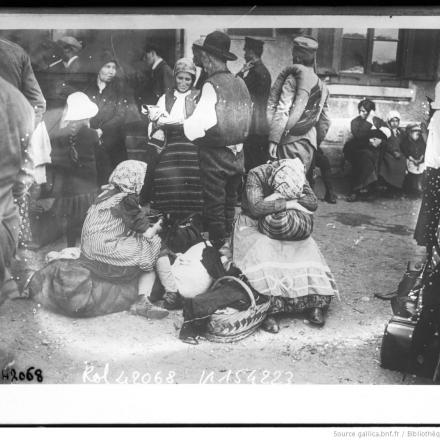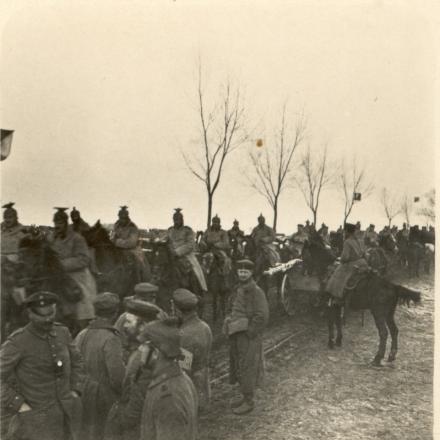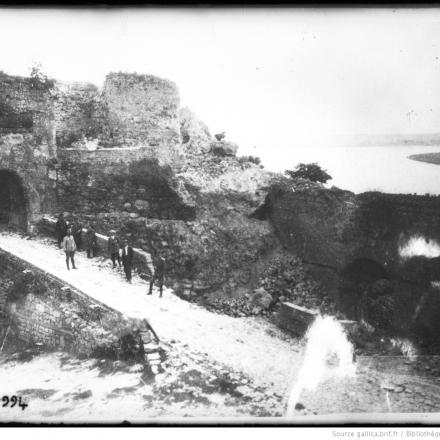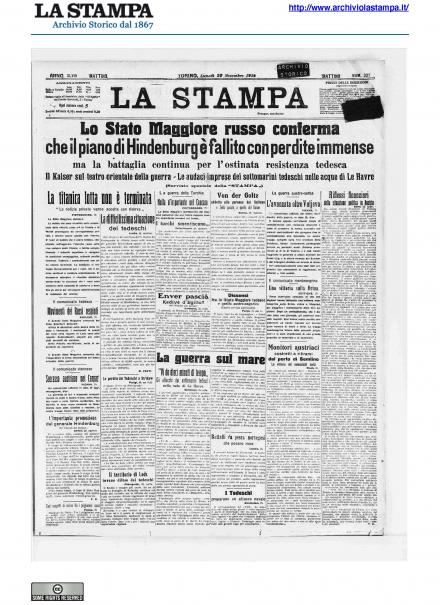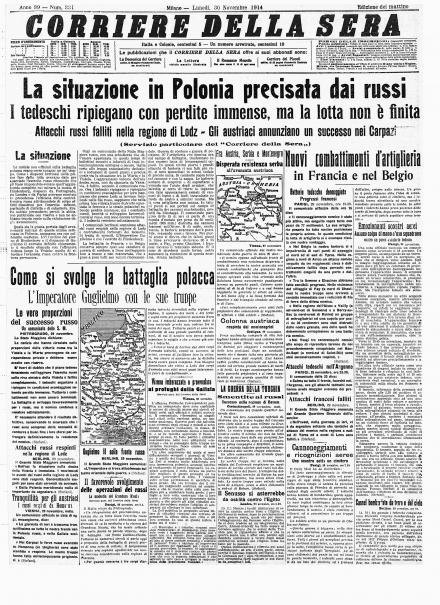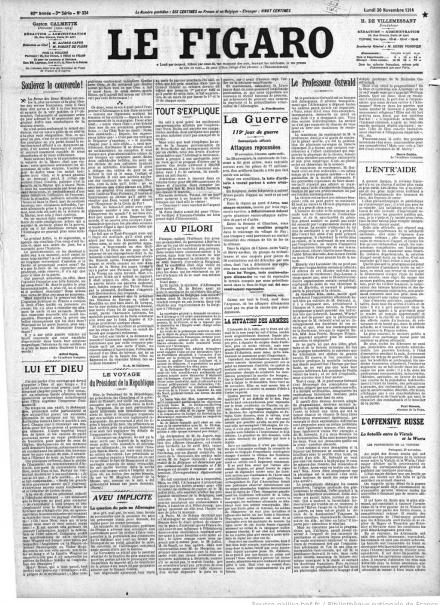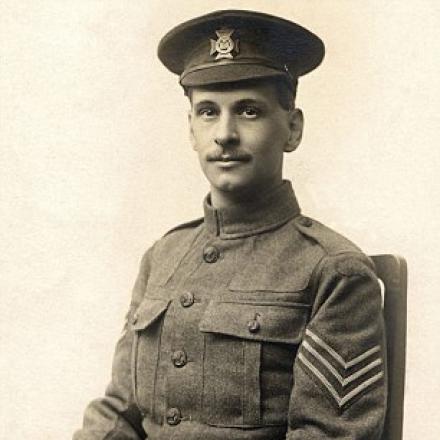"Guerra stupida, insensata e inutile"
Il piano di Hindenburg è di fatto fallito: la rapida offensiva su Lodz e poi verso Varsavia si è conclusa male, enormi le perdite. L’esercito russo sfrutta la superiorità numerica, ma i tedeschi resistono, ostinati; sempre difficile sconfiggerli.
Lodz sarà irraggiungibile per i soldati, ma non per l’artiglieria: sulla città grandinano bombe da due giorni. L’intensità dello scontro aumenta. Il 30 novembre si accende la battaglia sulla linea Łowicz-Sanniki, a nord-est, fino a lambire la Vistola.
Sul fronte occidentale si registrano i soliti duelli d’artiglieria, da Diksmuide a Ypres, fino ad Arras, dove i tedeschi hanno ammassato un gran numero di forze.
In Francia viene pubblicato il “Libro giallo”. Lo scopo è sempre propagandistico, il volume contiene i carteggi diplomatici sullo scoppio del conflitto e scarica tutte le responsabilità sulla Germania.
La dichiarazione del giorno viene però pubblicata dal The Evening Herald, in Oregon: «Senza dubbio questa è la più stupida, insensata e inutile guerra dei tempi moderni».
Opinione diffusa e condivisibile, ma non l’ha detta un americano. No, l’intervistato è Federico Guglielmo di Prussia, l’erede al trono tedesco. Il Principe parla di un conflitto per la sopravvivenza e declina ogni responsabilità di Berlino, ovvio. La frase però resta e rappresenta una perfetta e lucida analisi sui primi quattro mesi di guerra.
Davide Sartori
GLI AVVENIMENTI
Politica e società
- Re Giorgio V visita il fronte inglese.
- Francia: pubblicato il “Libro giallo”, contenente i carteggi diplomatici sullo scoppio della guerra.
- Dichiarazione contro la guerra del Principe ereditario tedesco.
Fronte occidentale
- Scontri d’artiglieria a Diksmuide, Ypres e Arras.
Fronte orientale
- Cresce d’intensità la battaglia di Lodz.
- Comincia la battaglia di Łowicz-Sanniki.
Fronte meridionale
- Completata l'evacuazione di Belgrado.
Parole d'epoca
Sergeant Bernard Joseph Brookes
Diario
I had to cycle next day into Armentieres on duty, so got an opportunity of looking over the town and cathedral.
There were very few people left in Armentieres at that time, (but they returned before I left France for Belgium in May 1915 as they no doubt felt sure that the Germs would not get the British out of their trenches) and considerable damage was done to the Cathedral and other churches, (there are six or seven large churches here) which at the time I thought was very serious.
Since having seen Ypres, however, it strikes me that Armentieres has so far been very fortunate inasmuch that the firing line in parts is not more than a mile or so away from the town, whereas at Ypres I should estimate the nearest point of the Germ line would be three miles.
Our men who had gone to the trenches on 16th November, came out early this morning and I met some of them in Armentieres and they gave me their opinion of the war in language which I will not repeat here, but I did not feel so sorry that I had not yet gone to the trenches.
They had had about half-a-dozen casualties and had been in the trenches for 14 days, which, considering the weather was rather stiff for the first entry, but at any rate their opinions had greatly changed and none wanted another spell in the trenches for some time.
